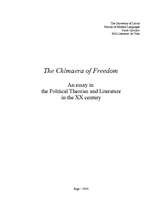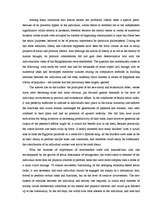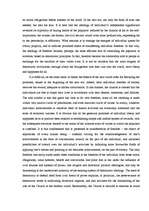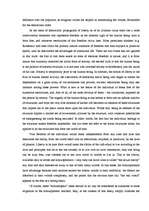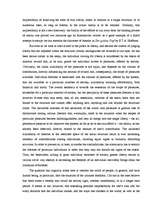-
The Chimaera of Freedom
Among many chimaeras that human reason has produced, liberty takes a special place: because of its powerful appeal to the individual, whose desire to establish his or her independent significance within society is incessant, freedom became the central theme in works of numerous thinkers whose minds were occupied by matters of organising communities in ways that fitted best the social purposes, believed to be of primary importance by particular philosophers. During the last three centuries, liberty and common happiness have been the focal virtues on sale in many projects of social and political reform. And although the notion of liberty is as old as the history of human thought, its political connotations did not gain their determinative role until the individualistic ideas of the Enlightenment were established. The question that immediately arises is the following: what made the world that had for thousands of years coped well enough with its numerous tasks and developed elaborate cultures relying on compulsive methods in building relations between the individual and the state, suddenly show interest in issues of happiness and liberty of populace – the notions that had previously been largely ignored.
The answer lies on the surface: the principles of the new social and economical order, whose traits were becoming more and more obvious, put forward greater demands to the level of individual involvement in political and economical affairs. In the conditions of feudal social order, it was perfectly sufficient to indicate to individuals their place in the social hierarchy and enforce the functions that would remain unchanged for generations of peasants and artisans, who were confined to their place and had no potential of upward mobility.…
Šī eseja ir pārdomu rezultāts par tādas vispārpieņemtās vērtības, kā brīvība patieso politisko un sociālo nozīmi.

